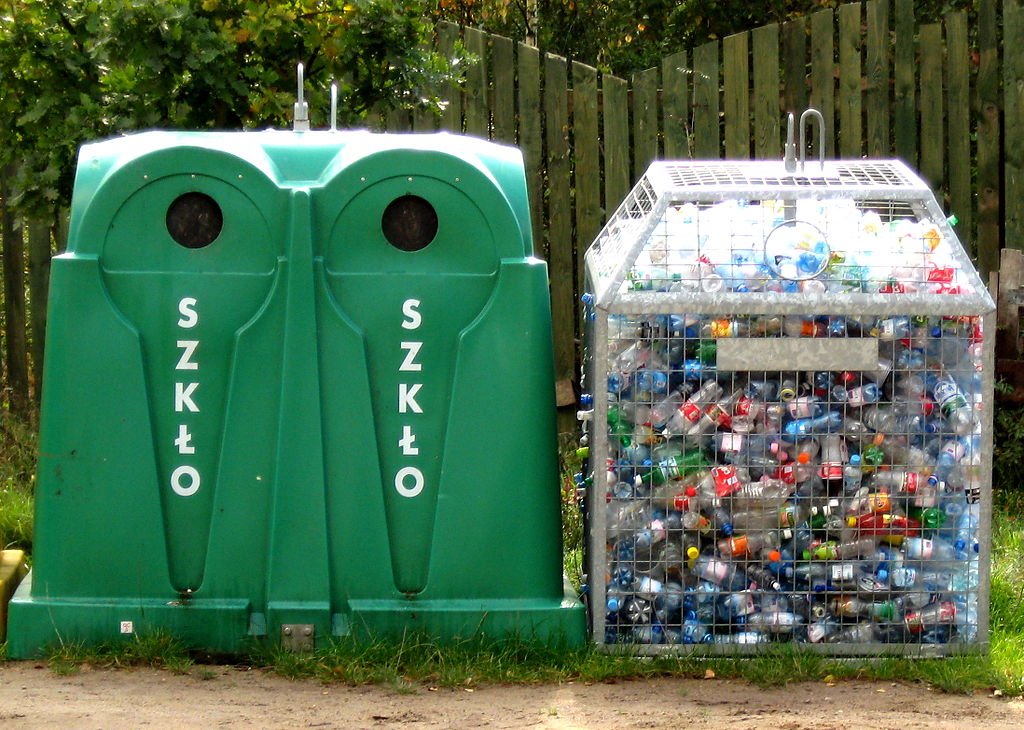The Benefits Of Recycling And Greener Business Practices
The recent G7 Summit saw the leaders of the world’s major economies meet in Cornwall in the United Kingdom to discuss pressing world issues. Central among them was the issue of climate change and the need for what was termed a ‘green recovery’.
The onus falls upon all businesses large and small to move towards greener, sustainable business practices and raise the bar collectively.
As such, all commercial enterprises share a responsibility in ensuring the environmental impacts of industry are kept to a minimum.
The benefits of business recycling
Recycling and waste management forms a vital part of a business operation’s green initiatives. This applies to all sectors of industry, regardless of business scale and complexity.
With many operators seeking solutions to their internal waste management requirements, a look at a site such as recyclingbalers.com provides an insight into the range of equipment available on the market to meet those needs.
There are a number of benefits in formulating a strong recycling plan, and these can perhaps be best summarized in four key areas:
The environmental impact
With significant national and world moves towards a greener society, the first benefit is perhaps the most obvious. Repurposing or recycling materials, as opposed to committing them to landfill, reduces stress on the environment and plays a key role in reducing carbon emissions.
A secondary benefit of a strong management plan is that it reduces the pressure on production of goods and consumables, by recycling rather than manufacturing, and by reducing waste.
The financial impact on the business
A strong waste management and recycling plan will likely save many business concerns money in the longer term. With factors such as landfill and waste disposal taxes rising annually, the overall waste management costs to the business can be reduced.
With the move to a green recovery worldwide, it could be speculated that these waste disposal taxes and surcharges will continue to rise, making the assessment of a business waste management plan a timely exercise.
Hygiene and worker health impact
The current health pandemic has thrown workplace health and safety practices into the spotlight. With the focus on both personal and workplace hygiene habits, a move towards a more rigid routine of waste management carries benefits for the health of business personnel.
A practical benefit of a good management system is the reduction of contaminant and potential diseases in the workplace environment. Further benefits are enjoyed by the operator as a result of a healthier workforce, and potential for increased productivity as a result of reduced downtime due to sick leave.
Employee morale and workplace culture
A further related workplace benefit is the potential for increased worker morale. A clean, safe working environment translates into a healthier workforce. With the world focus on green initiatives, it can empower employees with the sense of personally contributing to a positive global movement, and a sense of pride in being part of a workplace which cares for the environment.
On a deeper level, the reputational benefit to the business can also be considered to be a powerful cultural benefit, and suggests that the investment of a strong recycling management plan should be held as a priority.

